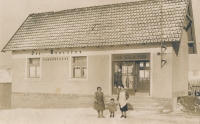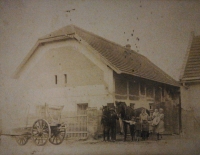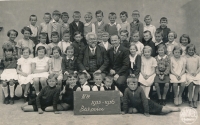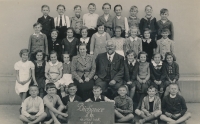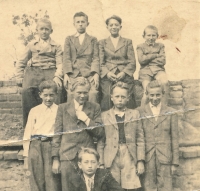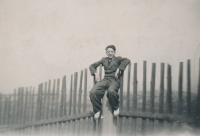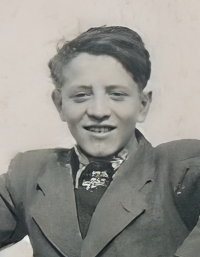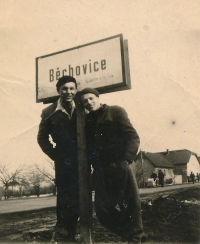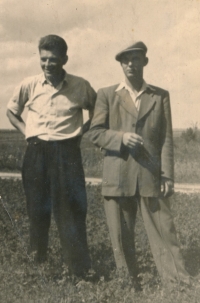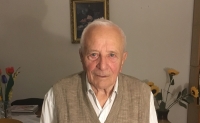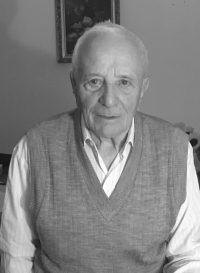After the air raid, there was dust and rubble everywhere, with dead people lying
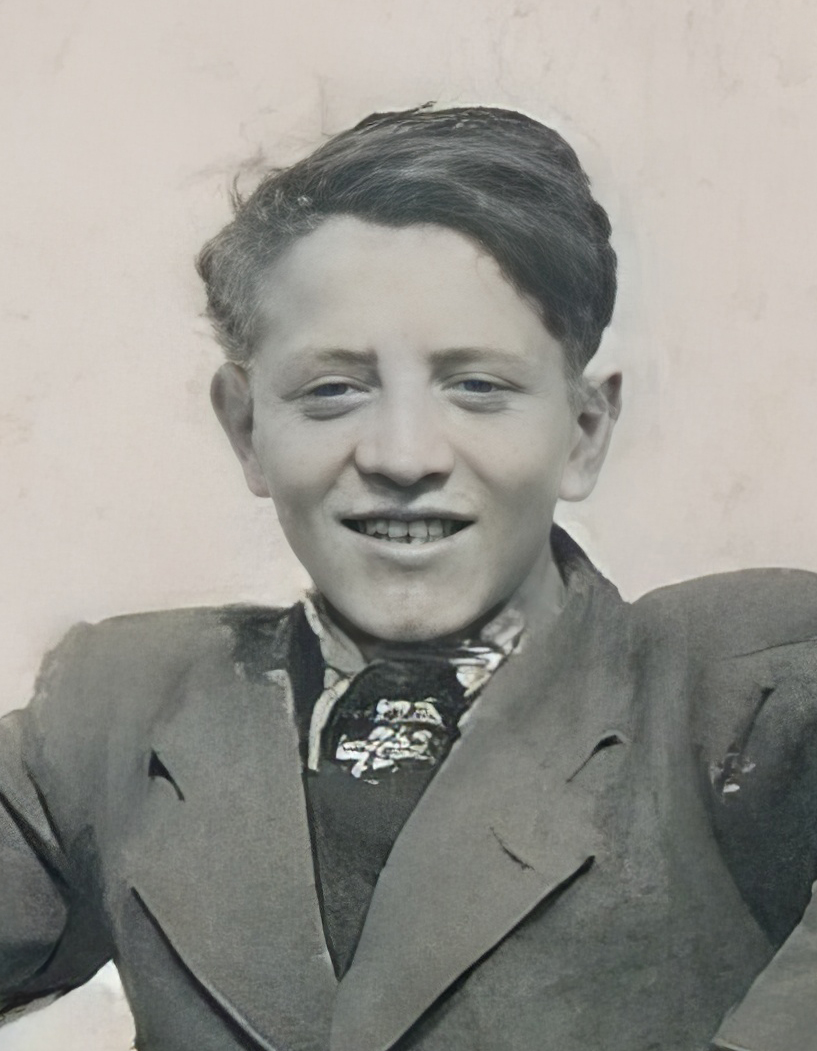
Download image
Ervín Sedláček was born on 7 September 1928 in Běchovice. He remembers the mobilization in 1938, the arrival of the German army in March 1939 and the following war years. By chance, he found out that his parents were involved in the distribution of anti-Nazi leaflets, but they were never revealed. Towards the end of the war, the family hid a Jewish relative who had escaped from a transport train. Ervín Sedláček avoided being forced to dig trenches by bribing a doctor. He apprenticed as a confectioner and in a confectionery in Vinohrady he experienced the devastating air raid on Prague on 14 February. After the war, he apprenticed at the Aero factory as a turner. Against his will, his father signed an application form for him to join the Communist Party of Czechoslovakia (KSČ), although he never agreed and left the party in August 1968. He welcomed the fall of the Communist regime in 1989. In 2024 he was living in Prague - Běchovice with his family.
